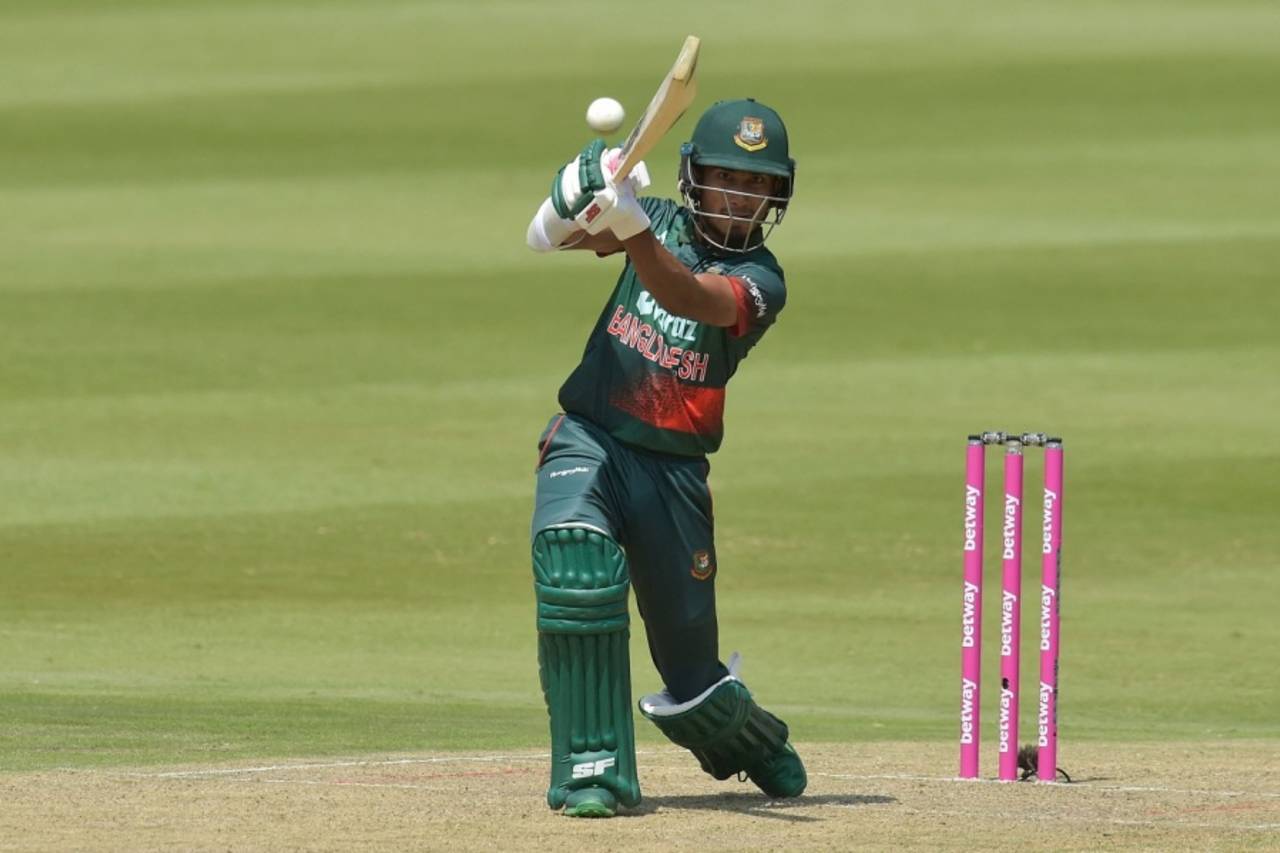Tamim backs out-of-form Mahmudullah and wants Afif to remain at No. 7
Kagiso Rabada, meanwhile, was pleased with the extra pace and bounce on offer at the Wanderers

'Afif is batting really well at No 7. If I bring him up to No 6, then we will be asked who will bat at No 7' - Tamim Iqbal • AFP/Getty Images

Mohammad Isam is ESPNcricinfo's Bangladesh correspondent. @isam84